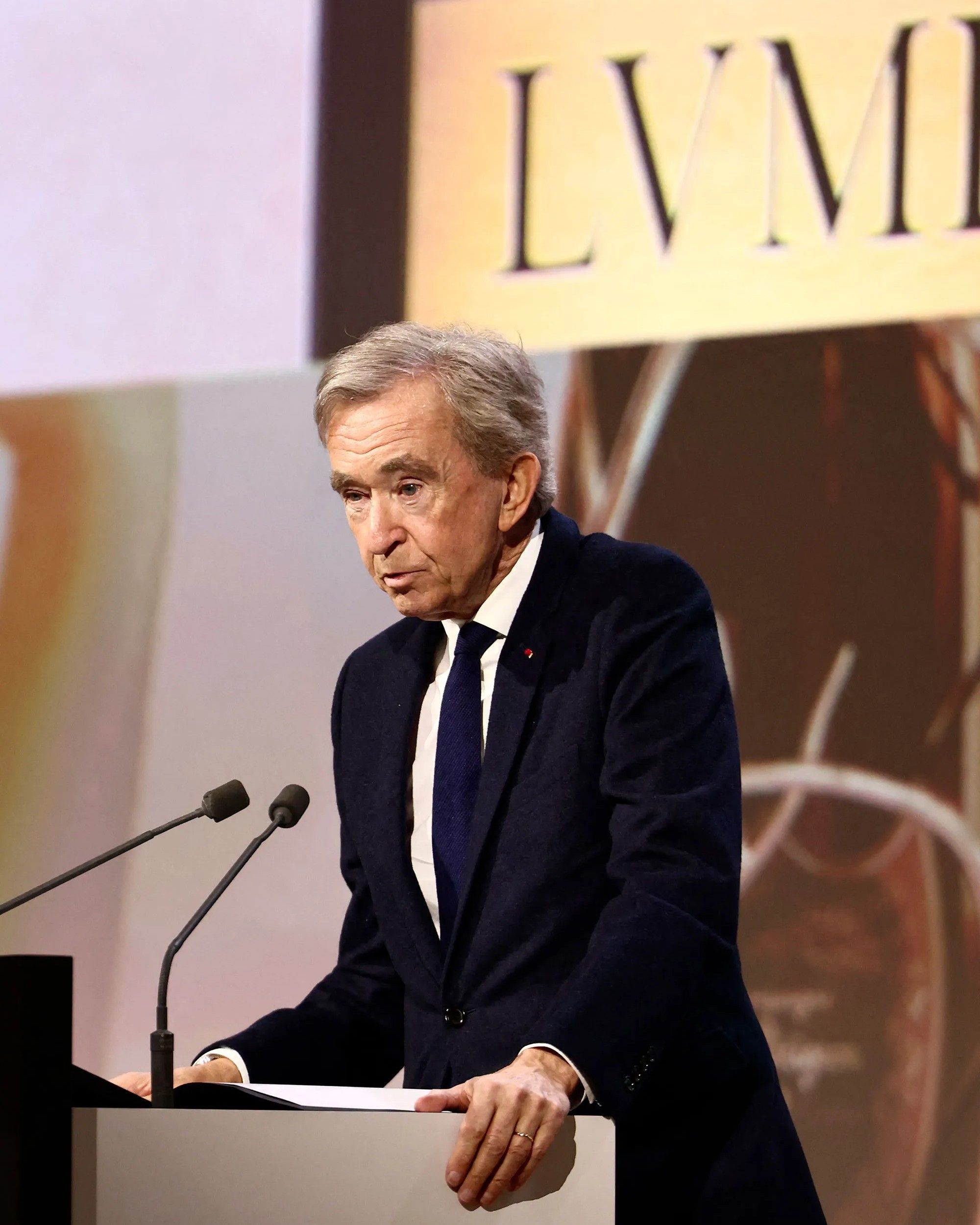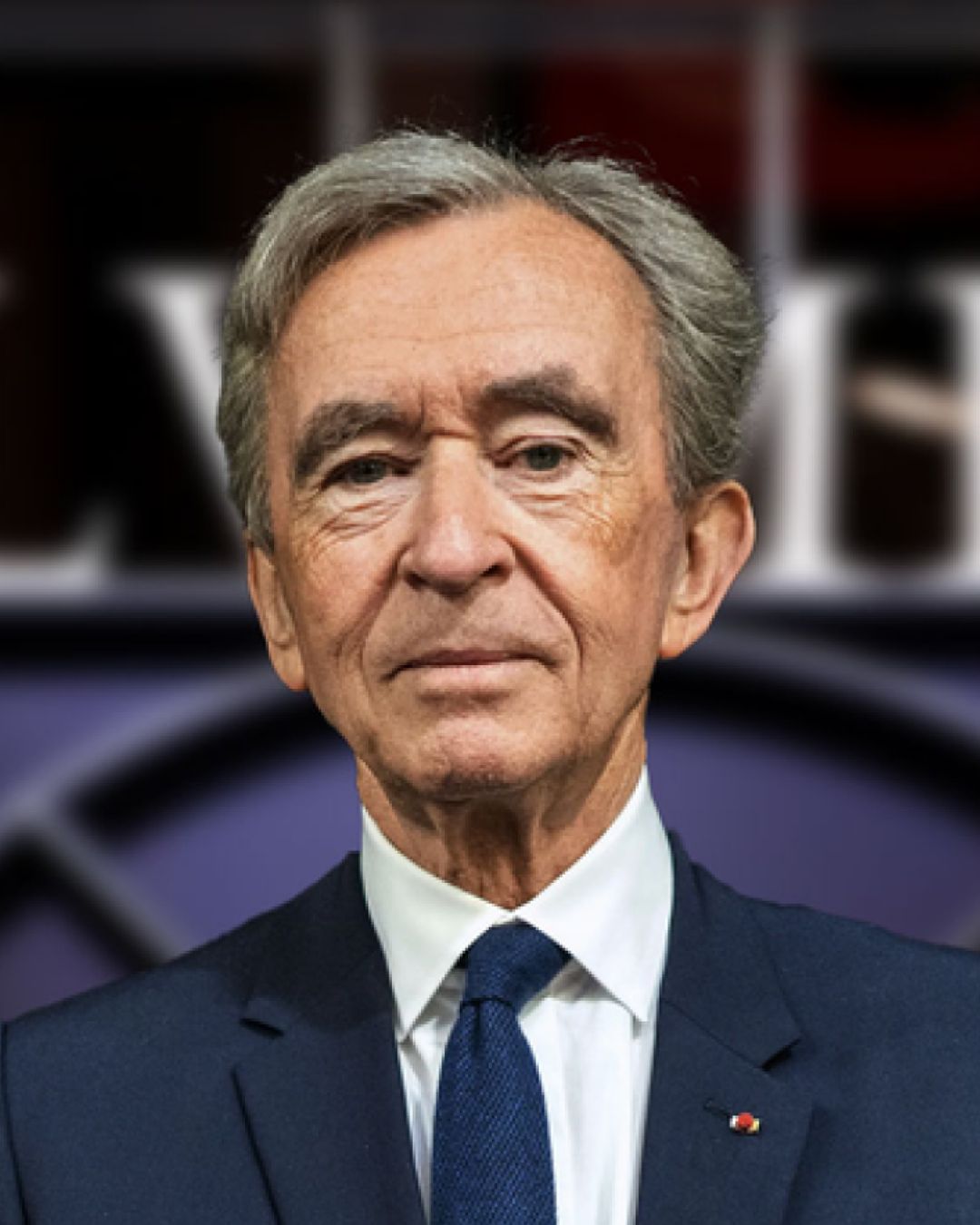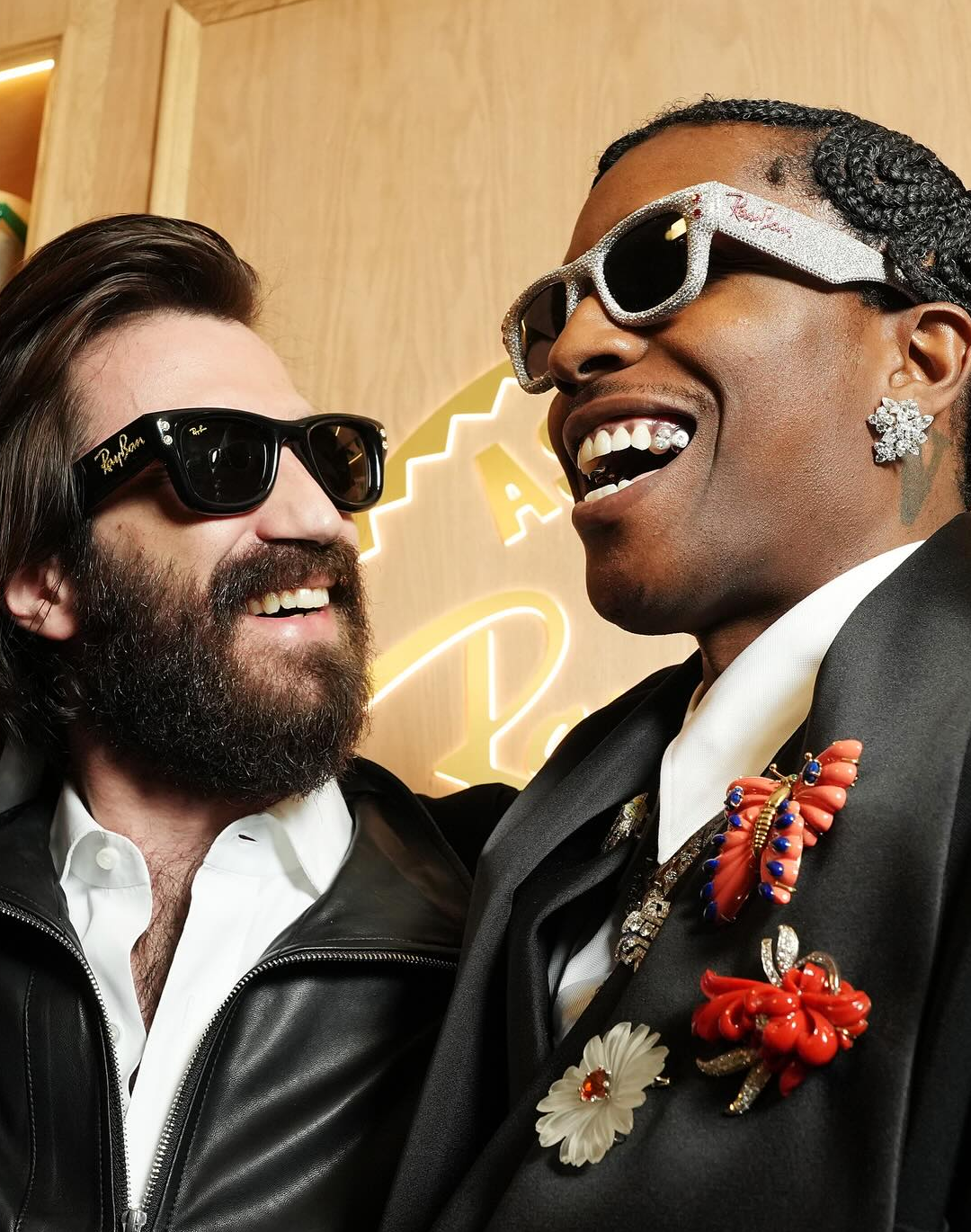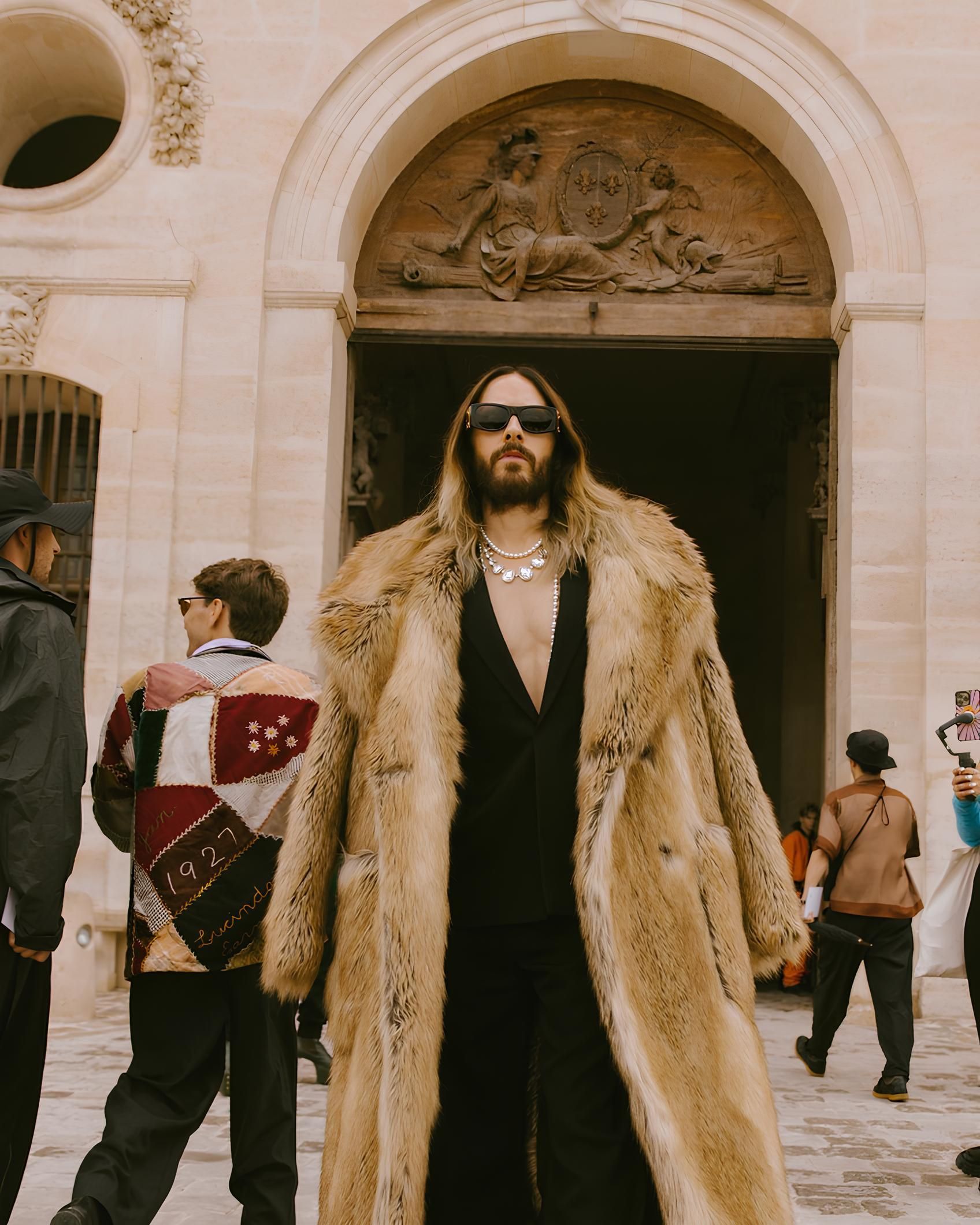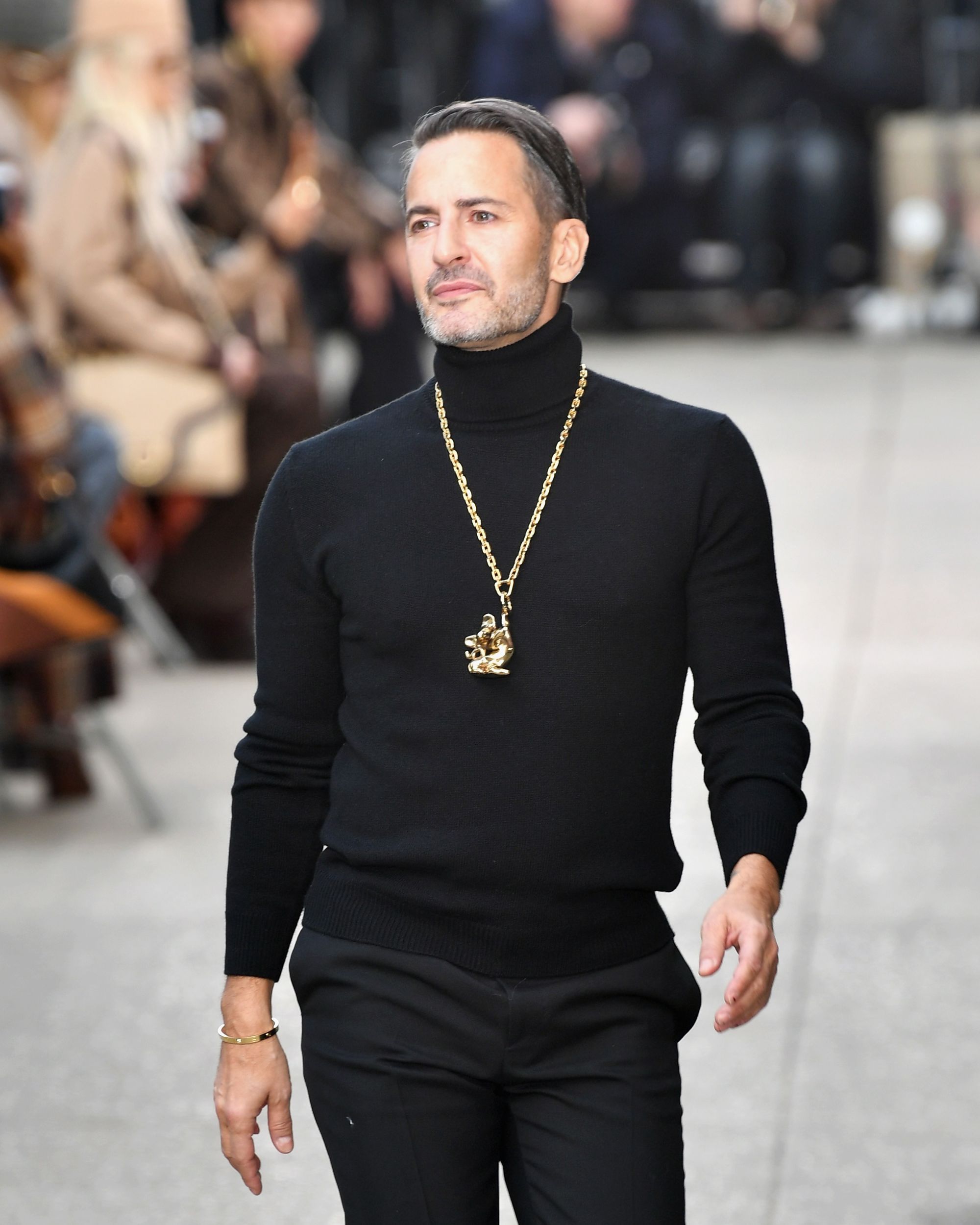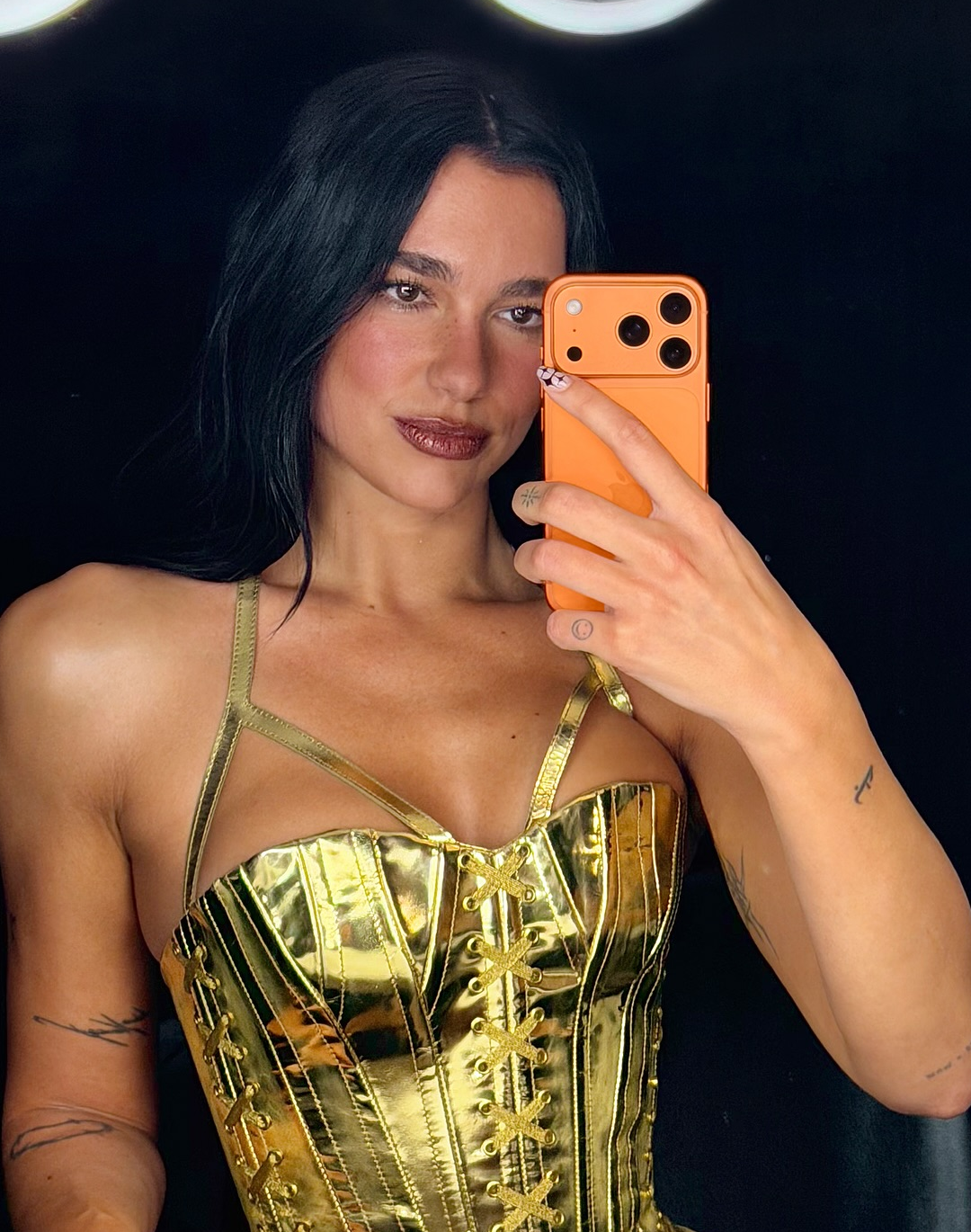
In the wild world of ultra-luxury perfumes If you thought your designer bags were expensive, think again
Last week, centuries-old spirits producer Rèmy Cointreau, which has revenues of about 1.3 billion euros a year, announced its entry into the world of extra-luxury fragrances with Maison Psyche, a $5,500-a-bottle perfume. The company's CEO, Eric Vallat, called the move «potentially strategic» and a «natural extension» of the group's production of spirits and extra-luxury spirits. Vallat added that many of the customers are already placing their orders and that the perfume will soon be sold directly to consumers but only by appointment at a dedicated Parisian location. The perfume, co-created by Rèmy Cointreau's head cellarer and the Firmenich group's principal perfume creator, will be aged in oak barrels in the same region where the company produces its $3,000-a-bottle cognac and will be sold in Baccarat crystal flasks adorned with gold and diamonds and, of course, in a limited and numbered edition. Elsewhere, the perfume world has recently been rocked by other major tectonic shifts: the titanic Swiss group Firmenich will join the Danish chemical kingdom Royal-DSM to create a $40 billion conglomerate in early 2023, with investment in new product research and development expected to hit 700 million euros annually; last spring, on the other hand, it was the Catalan group Puig that spent 1 billion to acquire Byredo, a brand that in recent months has landed on the Chinese market, cashing in tens of millions of renminbi in the space of eight months; also inside the LVMH group, the Perfumes & Cosmetics department recorded a 20 percent increase in sales in the first half of 2022 while, below the stratosphere of the luxury mega-groups, individual brands such as Gucci, Celine or Tom Ford have invested in high-end perfume lines that lead them to compete with sectoral brands such as Frederic Malle, Valmont, Maison Francis Kurkdjian or Clive Christian. To make a long story short: the world of perfume will be the next playground of ultra-luxury, and everyone is getting ready to grab a piece of it.
According to a report published a few years ago by Grand View Research, in fact, the size of the luxury fragrance market is expected to grow from a turnover of 34.8 billion euros in 2020 to 42.4 billion euros in 2025, with a compound annual growth rate of 3.9 percent. Factors explaining this growth are the self-care trend that exploded after Covid, the growing demand for luxurious and exotic fragrances accompanied by an increase in spending on luxury products, and the diversification promoted by industry brands that now offer the creation of customized fragrances (a service for which Jo Malone is among the undisputed champions) but also the customization of bottles and packaging. Asia will obviously be a central hub for market growth: according to Dezan Shira & Associates «China’s perfume business had grown by more than 20 percent year-on-year between 2016 and 2020, and it is likely to rise further as Gen-Z establishes itself as the primary driver of national consumption» with Chinese giant TMall literally establishing an intercontinental air route carrying perfumes from Europe to China every day together with Cainiao Network.
To make up for such a demand, however, natural resources are not enough-especially in times of climate crisis. According to Vogue Business, for instance, one of the reasons behind Firmenich's merger with Royal-DSM lies precisely in the latter's ability to produce stable, quality-assured synthetic scents at a time when global warming is damaging rose plantations and when the price of pink pepper, jasmine, and Siberian pine is soaring. Still in the field of extra-luxury synthetic fragrances, the Escentric Molecules brand is building an empire on a single, ultra-pure and highly concentrated Iso E Super molecule; while a few weeks ago the newly formed brand Aeir, co-founded by Jana Bobosikova together with two former Tesla collaborators Enrico Pietra and Rodrigo Caula, introduced to the market refillable perfume bottles and a subscription service that grants access to exclusive products and mixes collectibles with technology. Especially in the latter case, one can see how the experience of buying a perfume is enhanced through the use of digital technologies, online communities, integrated apps, and a new push toward sustainability that seem like something totally distant from the "old" world of perfumes as entry-level products heretofore promoted by more classic fashion brands.
Indicative in this sense is the blossoming, in recent years, of haute parfumerie lines such as those already mentioned by Gucci and Celine or Dior's Privée line or Chanel's Les Exclusifs while Dolce & Gabbana has decided to bring in-house the production of fragrances and beauty products while cutting back on licensing instead. The switch is important because it represents a desire to diversify the fragrance offering by maintaining an entry-level line to be marketed widely with relatively low price points and other more "haute" secondary lines that are characterized as true luxury. After all, until now, fragrances had been treated by fashion as branded products that could be serenely sold even in the most humble provincial perfumeries, and true luxury customers, fleeing their commerciality, tended to turn to those highly specialized brands that were not afraid to charge 50 milliliters of perfume for more than 200 euros, if not 300. Then, somewhere between the commercial fragrances of fashion brands and the designer fragrances costing hundreds of euros per bottle, there are the niche brands such as Johan Bergelin's 19-69, Alessandro Gualtieri's Orto Parisi, Giovanni Castelli and Antonio Zuddas' Blood Concept, Alexander Lauber's WienerBlut, Sandra Fuzier and Alexandre Piffaut's Mad et Len, and so on. Over the years, these and other independent perfumery brands have, among other things, garnered public approval as noncommercial and specialized alternatives to both the more industrial production of big brands and the highly expensive production of ultra-luxury brands.
@scentiment Can’t unsmell it #perfumetiktok #sauvage #fredericmalle #thenight original sound - REVOLT
So while it can be expected that the production of commercial fragrances by brands will continue without any interruption or shake-up whatsoever, one must also expect a tumultuous expansion of new segments and product ranges by the big luxury groups whose investments in cosmetics will have to show fruit in the coming months. What will be the smell of success?



















































